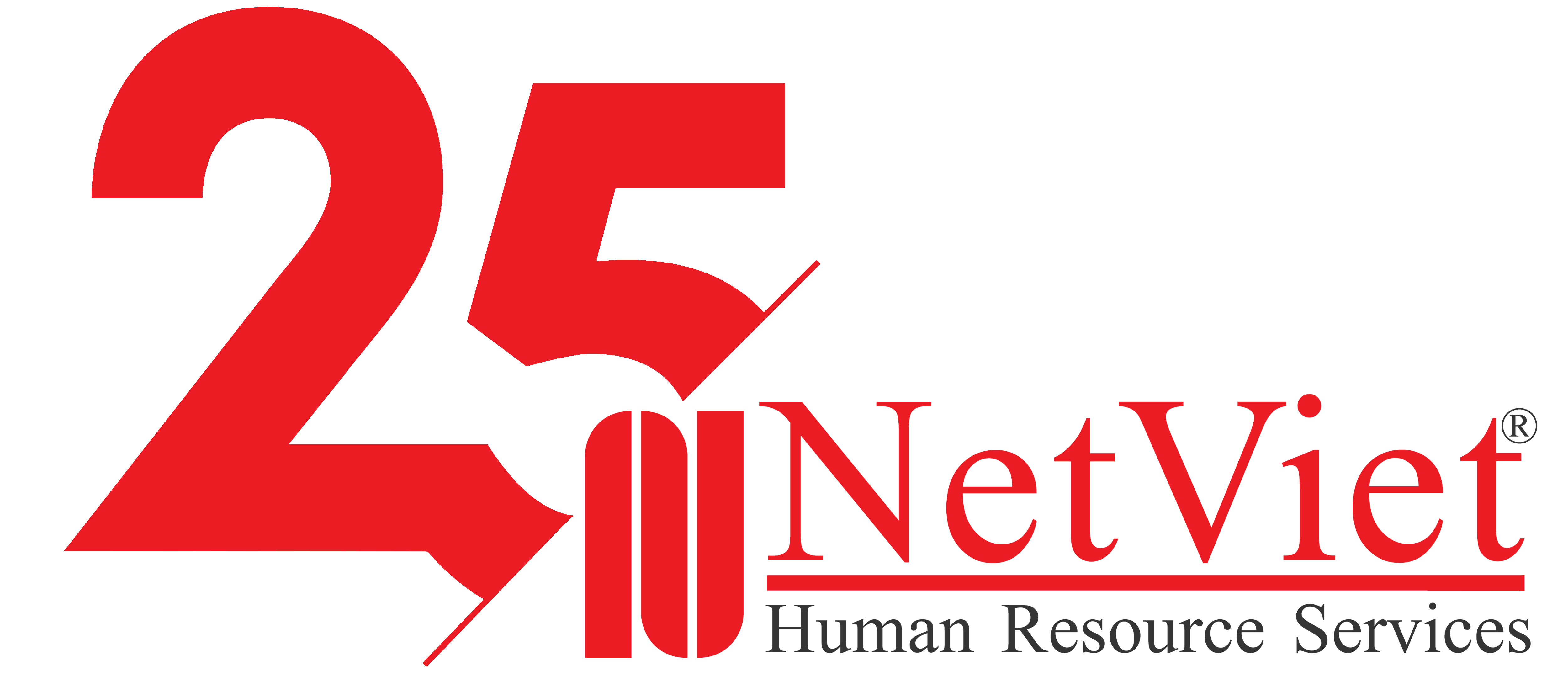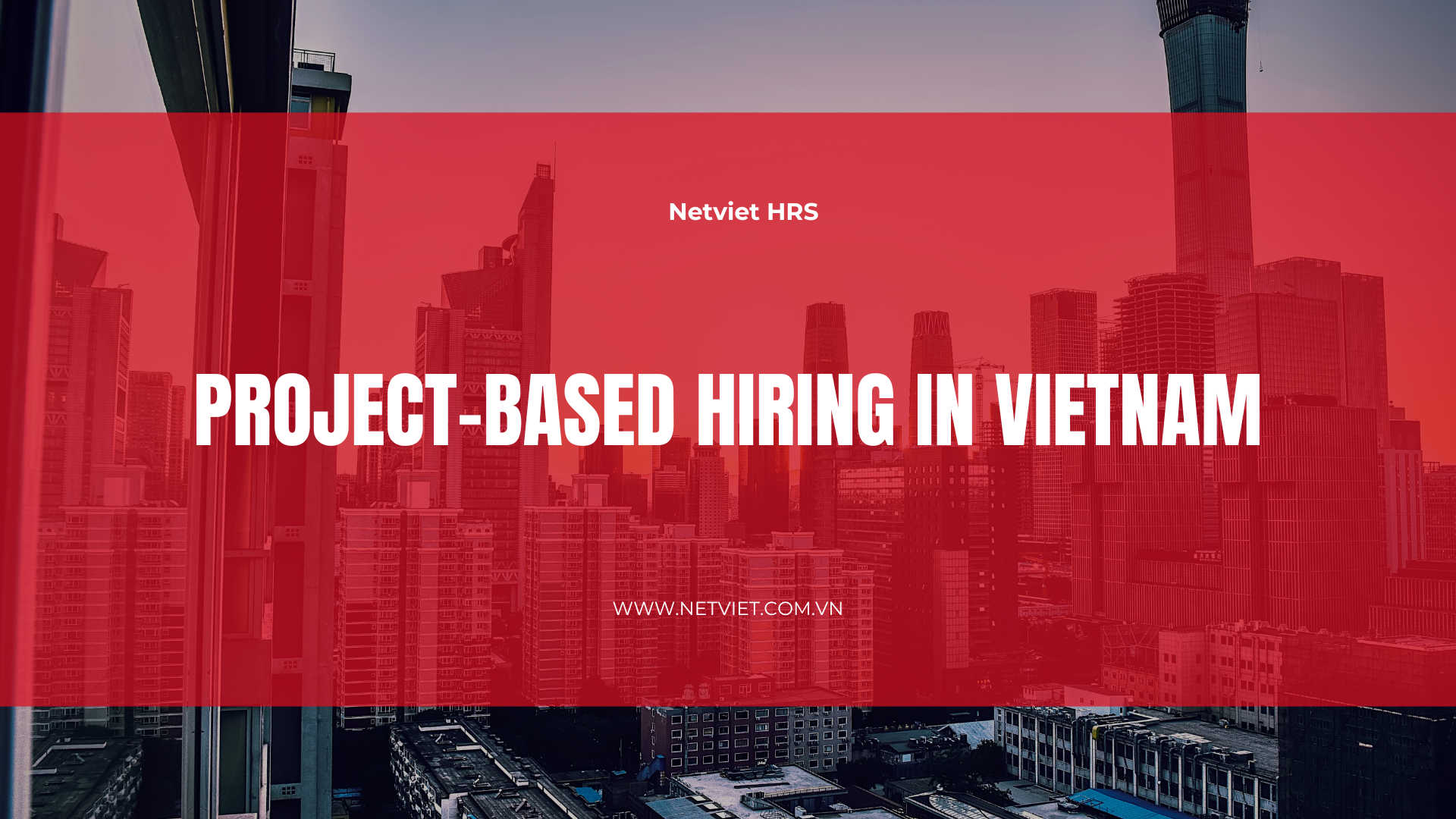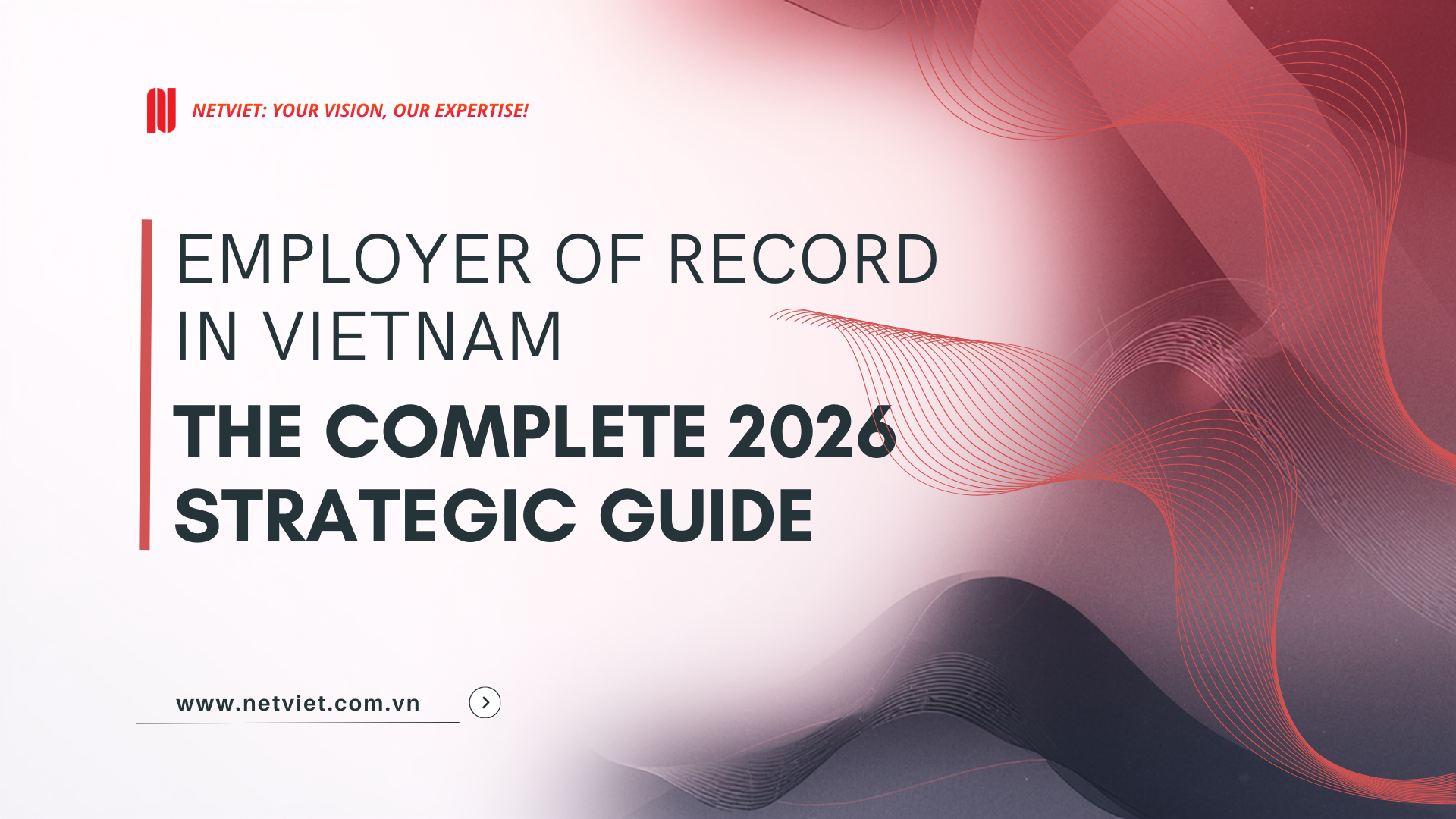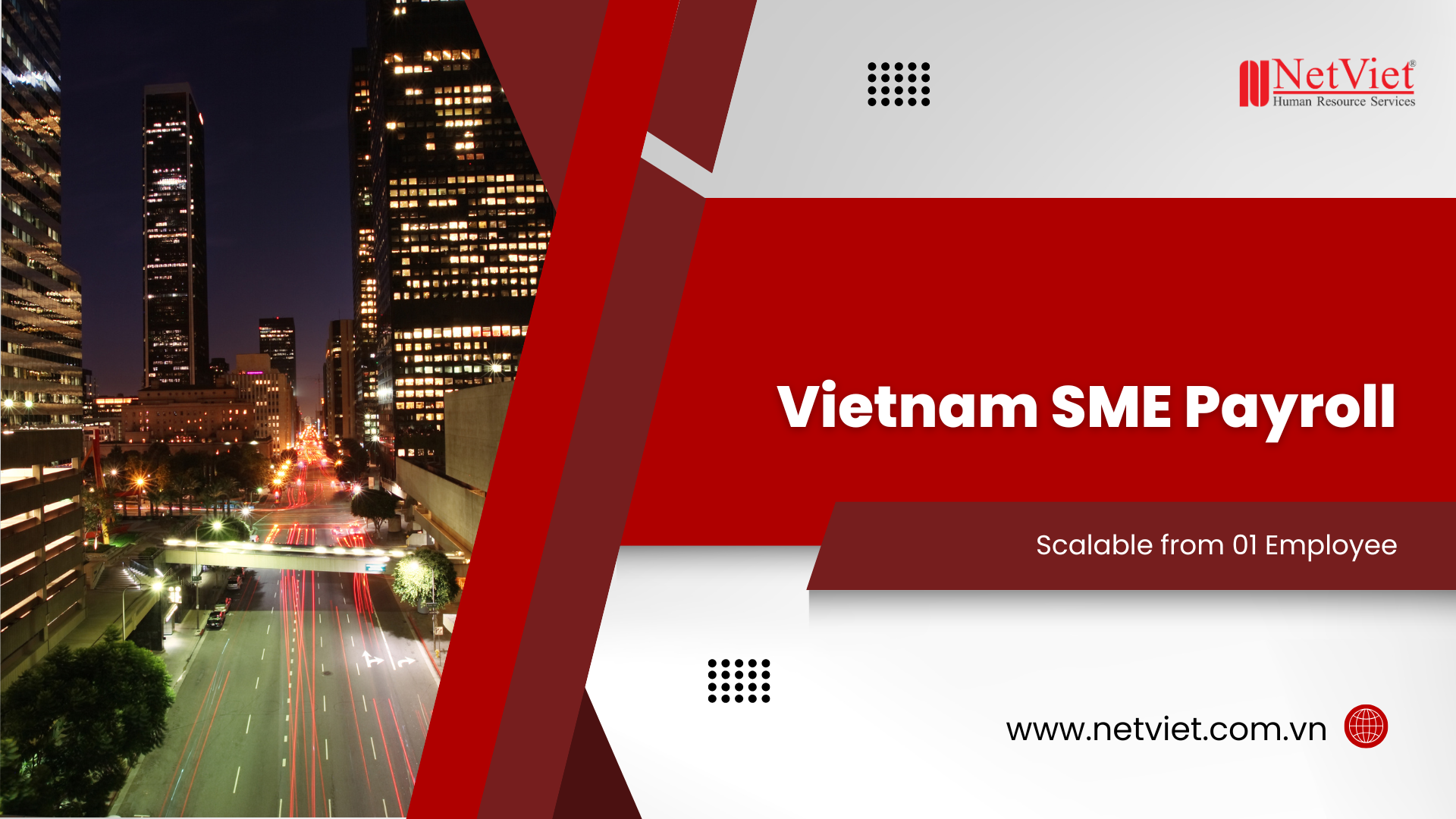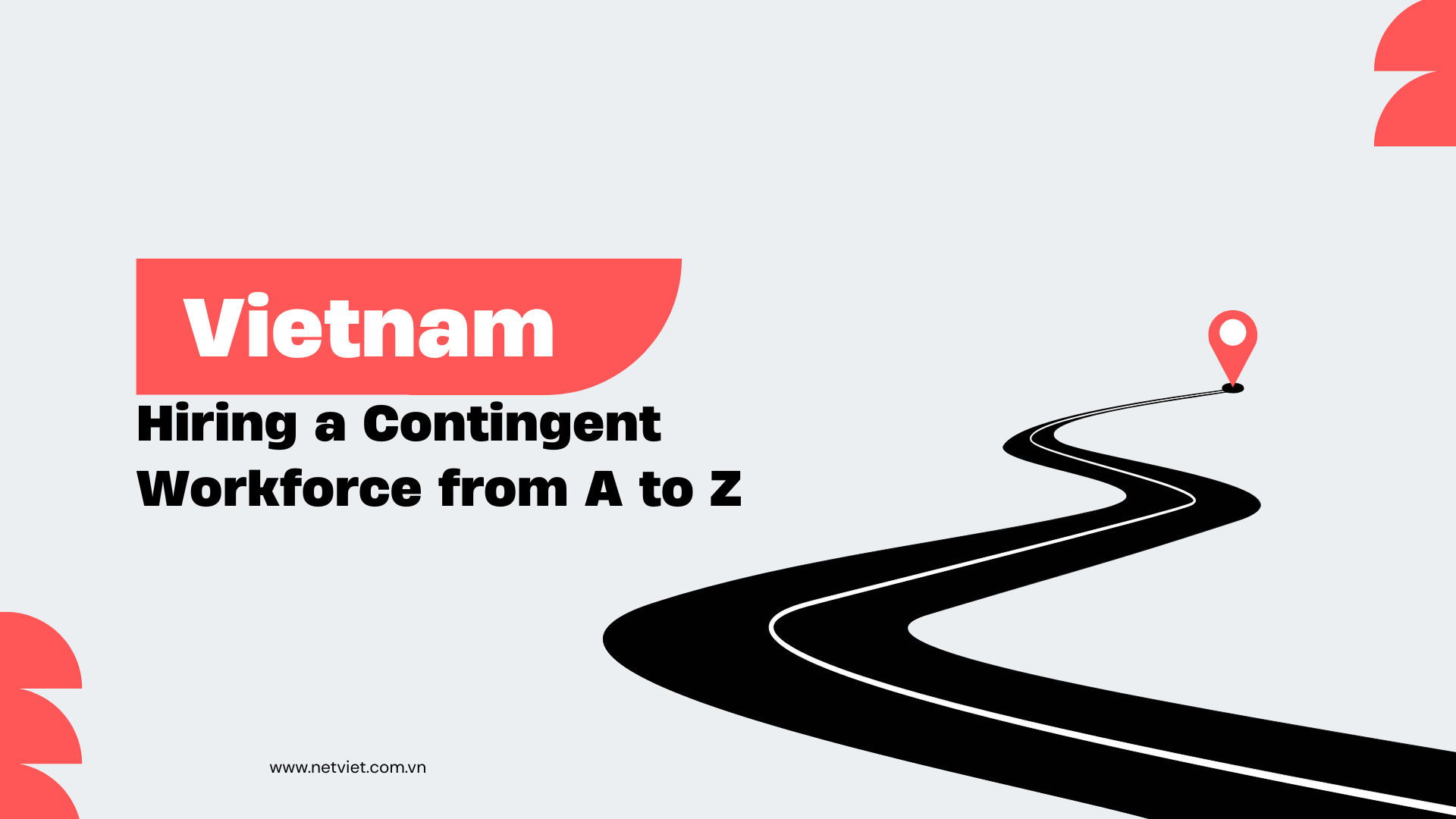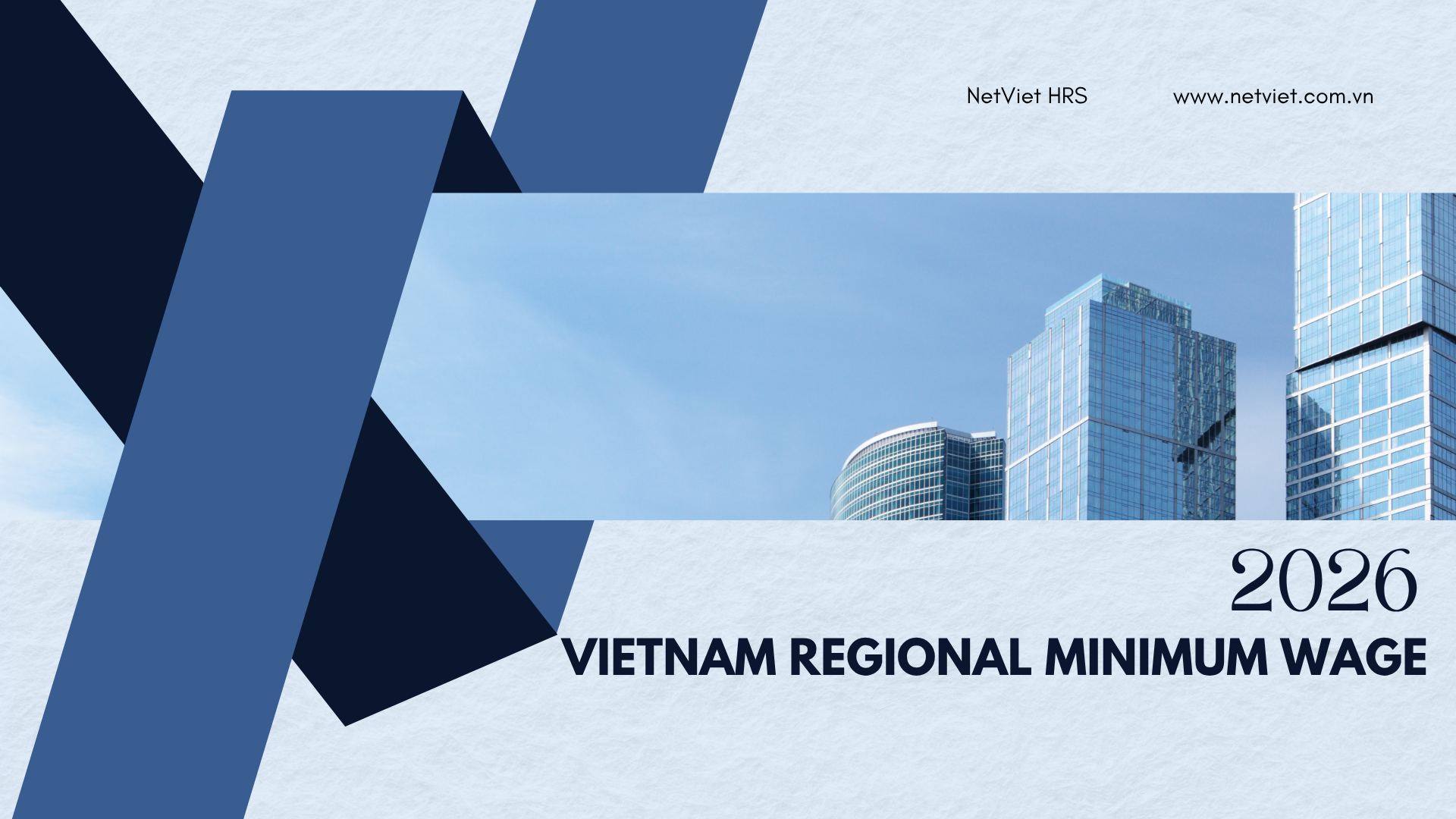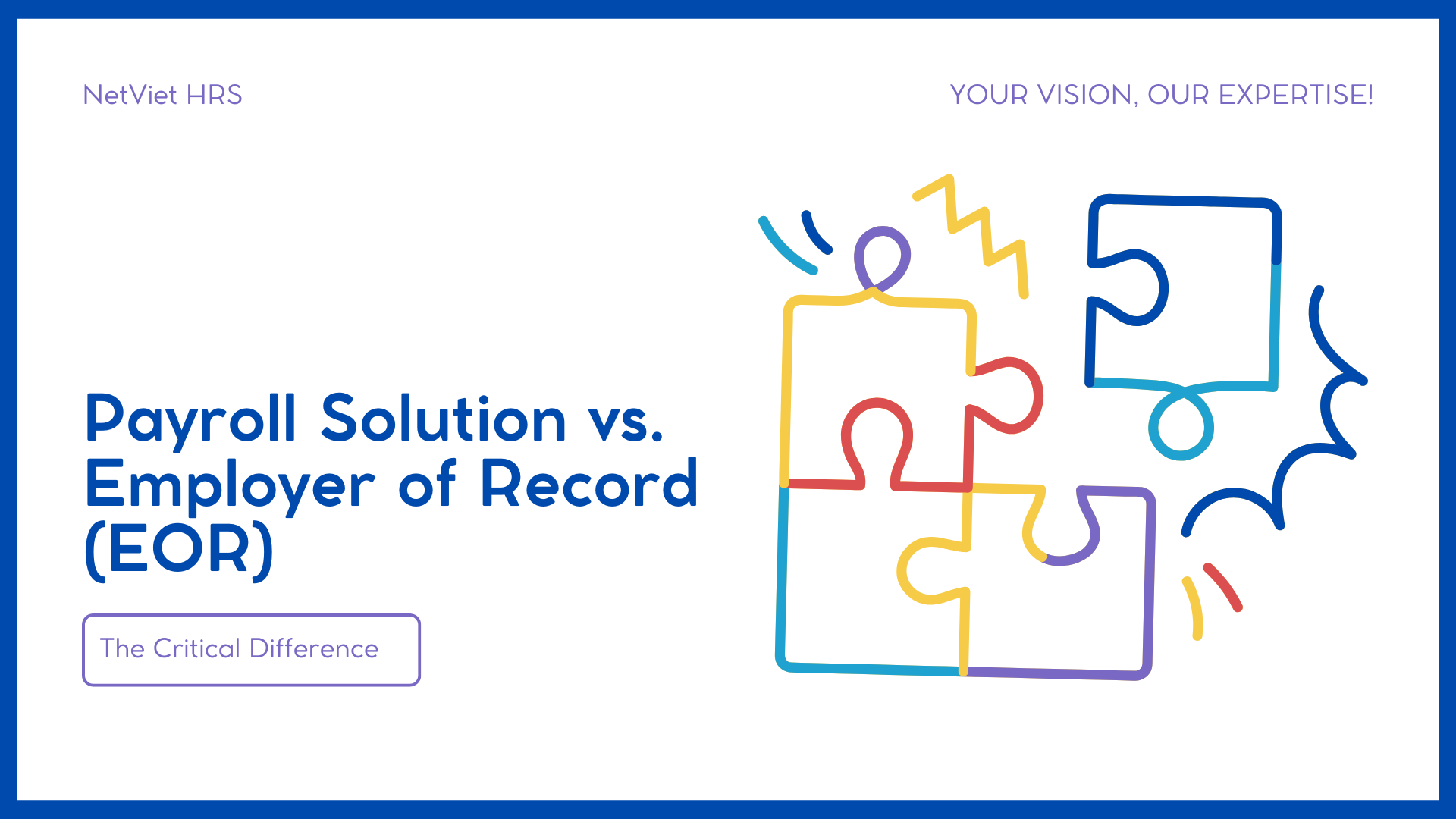In Part 1 of this series, we explored the fundamental differences between allowances and expenses and why correctly classifying them matters for accounting and tax compliance. Thus, in this second part, we dive deeper into how Vietnamese law treats allowances for personal income tax purposes and how to determine whether a cost qualifies as a legitimate business expense. Understanding these distinctions is essential for employers to manage payroll accurately, avoid tax risks, and maintain transparent financial practices.
Table of Contents
Toggle🔹Which Allowances Are Subject to Personal Income Tax in Vietnam?
In Vietnam, most allowances paid to employees are taxable income unless the law specifically exempts them (1). This means that if an allowance is part of the employee’s salary package and paid regardless of actual expenses, it usually must be included in the employee’s taxable income.
Taxable allowance generally include:
- Regular allowances and subsidies, which are fixed parts of the salary.
- Allowances paid without requiring proof of actual spending or related to specific work conditions.
🔹Which Allowance Is Exempt from Personal Income Tax?
Vietnamese law exempts certain allowances because of their special purpose or nature (2). These include:
- Allowances for individuals with meritorious services to the country.
- National defense and security allowances paid to employees in defense or armed forces.
- Hazardous or dangerous job allowances for employees working in toxic or risky environments.
- Attraction and regional allowances for employees working in difficult or remote areas.
- Allowances for unexpected hardships or occupational accidents and diseases.
- One-time allowances related to childbirth, adoption, maternity benefits, or reduced working capacity.
- Retirement allowances, survivor pensions, severance pay, and job loss benefits as regulated by labor and social insurance laws.
- Social protection allowances paid to eligible individuals.
- Special allowances such as those for high-level leaders, officials relocating to difficult areas, or village medical staff.
🔹Practical Implications for Employers and Employees
- Employers must carefully classify allowances to know which are taxable and which are exempt.
- Misclassifying allowance can lead to tax penalties and extra tax payments for both the company and employees.
- Keeping clear records and seeking professional advice helps ensure compliance.
🔹Legitimate Expenses – How to Determine
To determine whether a cost is a legitimate business expense, a company must ensure it meets certain conditions:
- The expense must happen and be related to the company’s business activities. For example: business trip, taxi fee
- The expense must have valid legal documents, including proper invoices that comply with Vietnam’s Value Added Tax (VAT) law.
- For invoices worth 20 million VND or more (including multiple purchases from the same supplier in one day that add up to this amount), payment must be made through non-cash methods like bank transfers.

Examples of Legitimate Expenses
- Costs for raw materials, fuel, and supplies used in business operations.
- Salaries, wages, and other payments to employees such as insurance and allowances, as regulated by law (except for certain prohibited cases).
- Utilities like electricity, water, and internet that support business activities.
- Travel allowance and business trip expenses for employees, if they are supported by valid invoices and receipts. These can be deducted when calculating taxable income.
Examples of Expenses That Are NOT Legitimate
These costs cannot be counted as deductible business expenses and will be excluded when calculating corporate income tax:
- Expenses without valid invoices or with invalid invoices.
- Entertainment or client hospitality expenses that exceed the legal limits.
- Personal expenses recorded as company costs (such as buying personal items or personal travel).
- Administrative fines or penalties (like tax fines).
Importance for Businesses
Differentiating between allowance and expense is vital for:
- Tax Compliance: Misclassifying reimbursements as allowances or vice versa can lead to incorrect tax filings and potential penalties.
- Financial Reporting: Accurate categorization ensures transparency in financial statements and helps in budgeting and cost control.
- Employee Relations: Clear policies on allowances and expenses prevent misunderstandings and ensure fair treatment.
Conclusion
Properly distinguishing between taxable and exempt allowances, as well as identifying legitimate business expenses, is critical for compliance with Vietnamese tax regulations. Therefore, employers must carefully classify allowances and maintain thorough documentation to prevent tax penalties and ensure accurate financial reporting. In addition, by having clear policies and professional guidance, they can help businesses navigate these complexities, safeguard their operations, and foster trust with employees. Stay tuned for future updates as we continue to support your understanding of payroll and tax compliance in Vietnam.
For businesses operating in Vietnam or globally, partnering with experienced HR and payroll service providers like NetViet can ensure proper management of allowances, expenses, and compliance with local regulations. NetViet offers expert guidance and solutions to streamline your financial and HR processes, helping you focus on growing your business with confidence.
Notes:
(1) Article 3 of the Law on Personal Income Tax 2007 (amended 2012)
(2) Circular 111/2013/TT-BTC (amended by Circular 92/2015/TT-BTC)
Follow NetViet for the latest industry updates and more:
- Phone: +84 28 6261 7310
- Email: info@netviet.com.vn
- Website: www.netviet.com.vn
- Facebook | LinkedIn | Twitter
